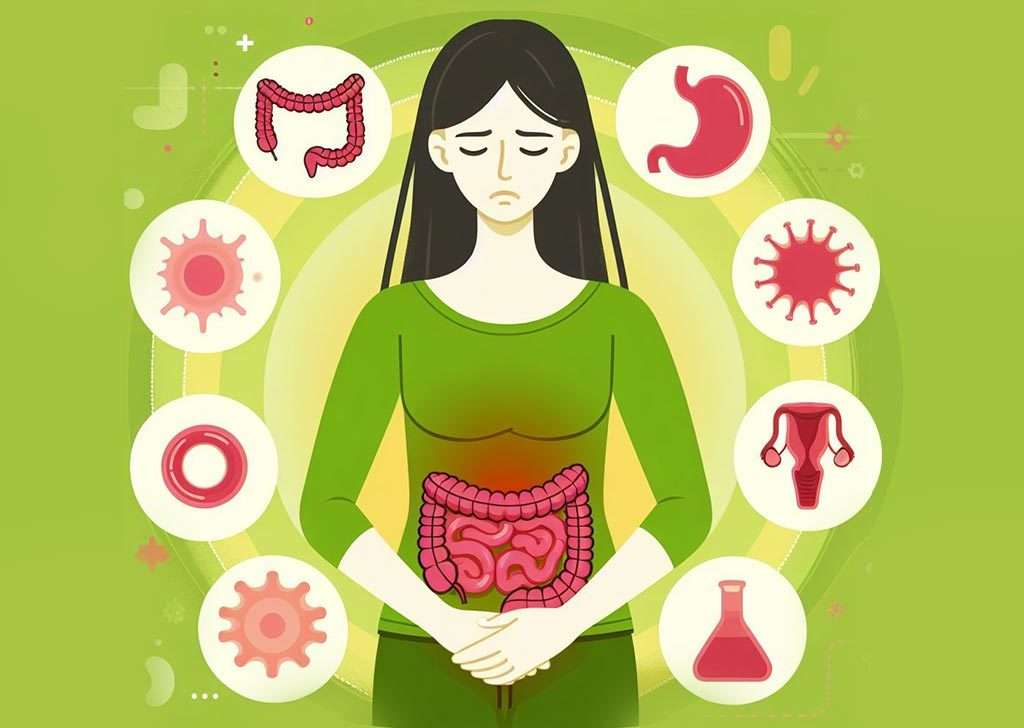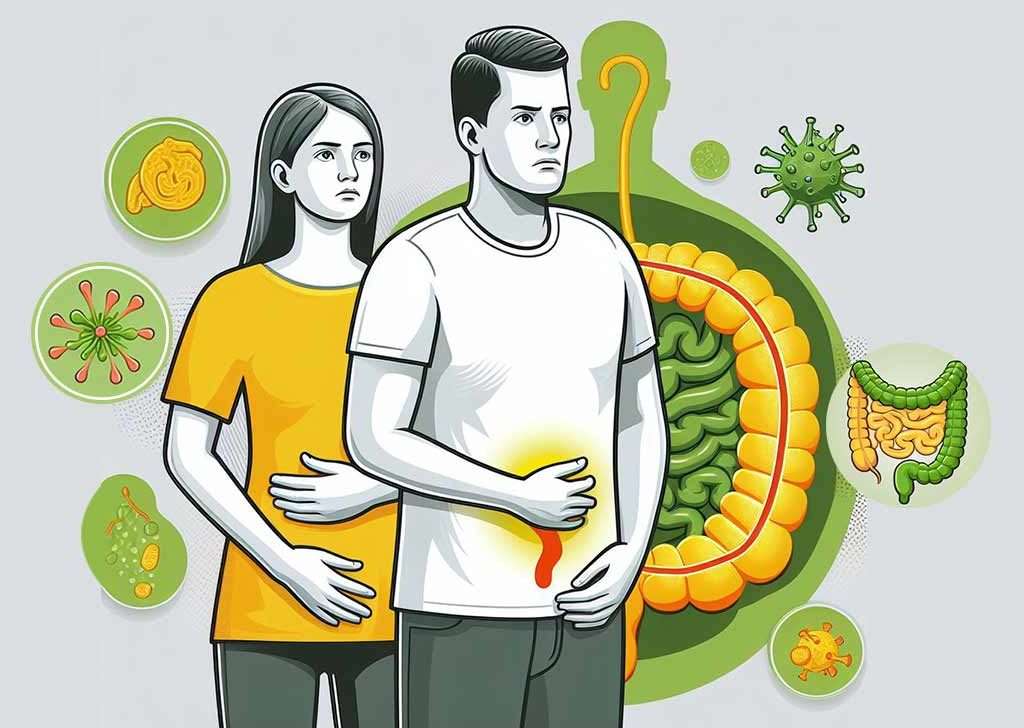Living with chronic kidney disease (CKD) requires adopting a proactive approach to managing your health and slowing the progression of kidney damage. Here are some essential self-care tips to help you stay healthy and maintain a good quality of life:
1. Follow a Kidney-Friendly Diet
- Limit Sodium Intake: High sodium can raise blood pressure and increase fluid retention, putting extra strain on your kidneys. Aim for less than 2,300 mg of sodium per day.
- Manage Protein Consumption: Excess protein can burden the kidneys. Stick to the amount recommended by your doctor or dietitian.
- Watch Potassium and Phosphorus: In CKD, potassium and phosphorus levels can build up in the blood. Control foods rich in these minerals, like bananas (potassium) and dairy (phosphorus).
Tip: Consult a renal dietitian to create a personalized eating plan.
2. Control Blood Pressure and Blood Sugar
- Monitor Blood Pressure: Keep your blood pressure within the recommended range, usually below 130/80 mm Hg. Take prescribed medications and reduce stress to manage hypertension.
- Manage Diabetes: If you have diabetes, controlling blood sugar levels is crucial to prevent further kidney damage. Regularly check blood sugar and follow your diabetes care plan.
3. Stay Hydrated (But Not Overhydrated)
- Drink water in moderation. While hydration is important, too much water can strain damaged kidneys, especially in advanced stages of CKD.
4. Avoid Over-the-Counter Medications Harmful to Kidneys
- Certain medications, like nonsteroidal anti-inflammatory drugs (NSAIDs) (e.g., ibuprofen, naproxen), can further damage your kidneys. Always consult your doctor before taking any new medications.
5. Exercise Regularly
- Physical activity helps control blood pressure, manage weight, and improve heart health, all of which are crucial for kidney health. Aim for at least 150 minutes of moderate-intensity exercise per week.
- Activities like walking, cycling, or swimming are often recommended for people with CKD.
6. Quit Smoking and Limit Alcohol
- Smoking can worsen kidney disease by damaging blood vessels and decreasing kidney function. Quitting smoking reduces this risk.
- Limit alcohol consumption to moderate levels, as excessive drinking can raise blood pressure and harm the kidneys.
7. Take Prescribed Medications
- Always take medications as directed by your healthcare provider, including those for high blood pressure, cholesterol, or diabetes.
- Avoid skipping doses or stopping medications without consulting your doctor.
8. Monitor Symptoms and Check-Ups
- Keep track of your symptoms and notify your healthcare provider if you experience any changes, such as swelling, fatigue, or changes in urine output.
- Regular blood tests and urine tests are essential to monitor kidney function. Attend all scheduled appointments with your nephrologist.
9. Manage Stress
- Stress can elevate blood pressure and contribute to kidney disease progression. Incorporate stress-relief techniques such as deep breathing, meditation, yoga, or engaging in hobbies.
10. Stay Educated
- Learn about CKD and its management. The more you know, the more empowered you’ll be to make informed decisions about your health. Stay updated with the latest research and treatment options.
Conclusion
Managing CKD involves lifestyle changes, but with a solid self-care plan, you can slow its progression and live a healthy life. Always work closely with your healthcare team to adjust your plan as needed.
References:
- National Kidney Foundation: Managing Chronic Kidney Disease
- Mayo Clinic: Chronic Kidney Disease Diet Recommendations
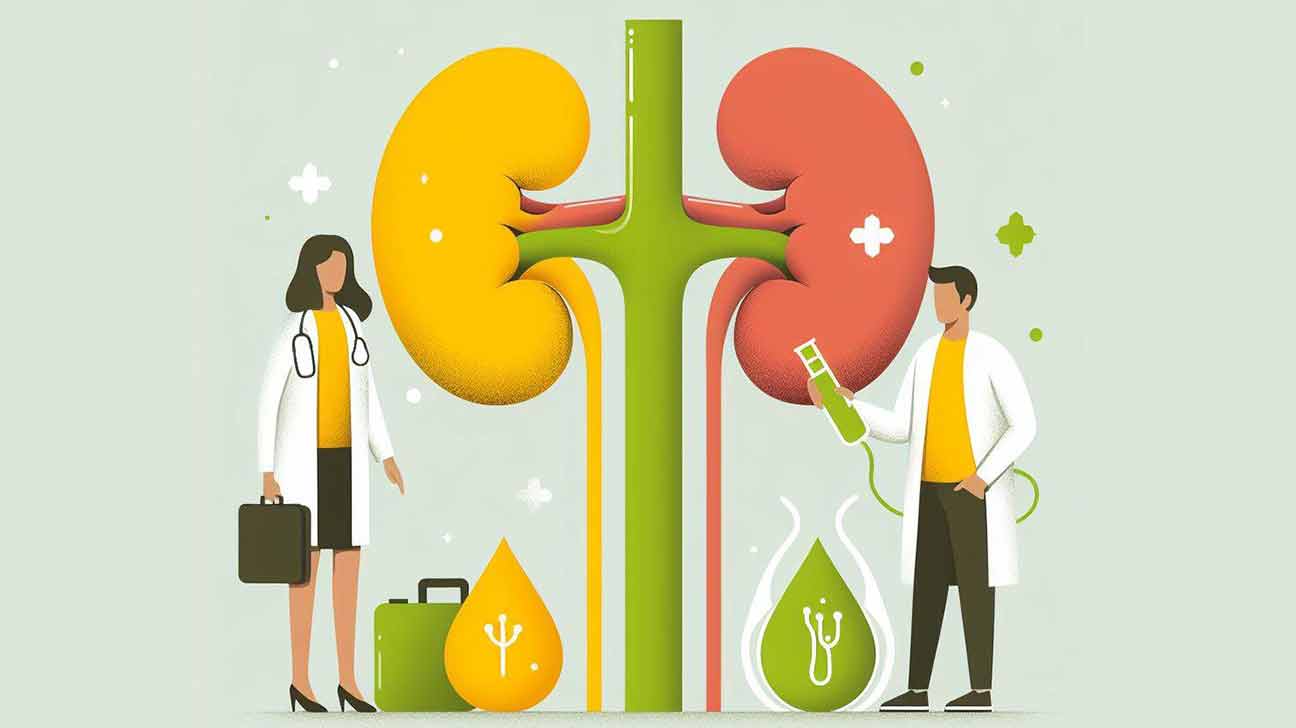
Chronic Kidney Disease (CKD) self-care involves managing your diet, fluid intake, and medication adherence. Regular monitoring and lifestyle adjustments play crucial roles in disease management.
Living with Chronic Kidney Disease requires proactive engagement with your health regimen and often necessitates significant lifestyle changes. Effective self-care strategies include maintaining a balanced diet tailored to kidney health, limiting salt and protein intake, and controlling blood sugar and blood pressure levels.
Individuals with CKD should establish a consistent care routine with their healthcare provider to monitor disease progression and adjust treatments as necessary. Support from both healthcare professionals and patient education resources is essential in empowering patients to take an active role in their care. These measures, combined with adequate exercise and avoiding substances that can further harm the kidneys, such as NSAIDs and certain over-the-counter pills, can help slow CKD’s progression and lead to a better quality of life.
Components Of Chronic Kidney Disease Self-care
Living with Chronic Kidney Disease (CKD) calls for a guided self-care routine. This routine focuses on keeping the kidneys functioning and the individual as healthy as possible. Proper diet, fluid management, medication adherence, and exercise are crucial. Each component plays a pivotal role in managing CKD effectively.
A balanced diet is essential for CKD patients. It helps manage symptoms and slow disease progression. Key dietary considerations include:
- Reduced sodium intake to lower blood pressure.
- Monitored protein consumption to ease kidney workload.
- Limited phosphorus and potassium to prevent mineral imbalances.
Consult a renal dietitian for personalized advice.
CKD affects the body’s ability to balance fluid levels. Fluid management is therefore vital to avoid complications like swelling and heart issues. Strategies include:
- Tracking daily fluid intake.
- Understanding the signs of fluid overload.
Each patient’s fluid requirements can vary. A healthcare provider can offer specific recommendations.
Medicine is often prescribed to manage CKD and its symptoms. Medication adherence guarantees effectiveness. To maintain a strict medication schedule:
- Set reminders for medicine times.
- Keep a medication diary.
Discuss any side effects with a doctor immediately.
Regular physical activity benefits overall health. It improves heart health, muscle strength, and blood pressure. Exercise should be:
- Adjusted to individual ability and overall health.
- Incorporated regularly for best results.
Begin with light activities such as walking or swimming. Gradually increase the duration and intensity with medical clearance.
Diet And Nutrition Of Chronic Kidney Disease
For those with Chronic Kidney Disease (CKD), what you eat is critical. Your diet controls essential nutrients and reduces kidney strain. A proper diet can slow CKD progression.
Importance Of A Renal-friendly Diet
A renal-friendly diet is key to managing CKD. It balances minerals, like potassium and phosphorus, protecting your kidneys.
Foods To Limit Or Avoid
- Salt: Raises blood pressure, damages kidneys. Choose low-sodium options.
- High-Potassium Foods: Bananas, oranges, potatoes. They can harm when kidneys are weak.
- Processed Meats: Contain high salt and preservatives.
Nutritional Guidelines For Chronic Kidney Disease Patients
Patients should follow these guidelines:
| Nutrient | Goal |
|---|---|
| Protein | Adjusted amount based on stage of CKD |
| Phosphorus | Limits to protect bones |
| Potassium | Monitor intake to maintain heart health |
| Sodium | Keep low to manage blood pressure |

Fluid Management Of Chronic Kidney Disease
Managing fluid intake is crucial for those with Chronic Kidney Disease (CKD). The kidneys play a vital role in balancing the body’s fluid levels. When they are not working well, excess fluid can build-up, leading to serious health issues. Proper fluid management can help maintain the right balance and improve quality of life.
Understanding Fluid Restrictions
For CKD patients, doctors often recommend fluid restrictions. This means you must limit the amount of fluid you drink and eat. Fluid is not just in drinks but also in foods, like fruits and soup. Let’s learn how to manage fluid restrictions effectively.
Tips For Monitoring Fluid Intake
Keep track of your intake. Here are a few tips:
- Use a measuring cup or bottle with clear markings to measure drinks.
- Record your fluid intake daily using a chart or app.
- Be aware of hidden fluids in foods and track them as well.
- Eat less salty foods to reduce thirst.
Dealing With Thirst And Dry Mouth
Thirst and dry mouth can be uncomfortable. However, there are ways to manage these symptoms without drinking more fluids. Below are some strategies:
- Chew on ice chips or freeze small pieces of fruit.
- Use mouthwash to freshen your mouth without drinking.
- Try sugar-free gum or hard candy to stimulate saliva.
- Breathe through your nose, not your mouth, to keep it moist.
Medication Adherence Of Chronic Kidney Disease
Medication Adherence is crucial for individuals with Chronic Kidney Disease (CKD). Sticking to your prescribed medication routine helps manage CKD effectively. It can slow the disease’s progress. Understanding how to take your meds correctly is vital.
The Role Of Medications In Managing Chronic Kidney Disease
Meds play a key part in controlling CKD. They help keep your kidneys working. Some meds lower blood pressure. They protect your heart and kidneys. Others control symptoms like swelling. Always take meds on time. Your doctor will tell you what is best for you.
Tips For Organizing And Remembering Medications
- Use a pillbox: Sort meds for each day.
- Set alarms: Remind yourself of med times.
- Keep a medication diary: Track your doses.
- App reminders: Use your smartphone.
- Consistent routine: Take meds with daily habits.
Potential Side Effects And How To Manage Them
Meds can have side effects. They vary person to person. Some common ones include feeling tired or having a dry mouth. It’s important to speak with your doctor. They can change the dose. Sometimes they find a different med.
| Side Effect | Management Strategy |
|---|---|
| Nausea | Eat small, frequent meals. |
| Dizziness | Stand up slowly. |
| Dry mouth | Chew sugar-free gum. |
Always tell your doctor about side effects. They are there to help you. Their goal is to make your CKD treatment as smooth as possible.
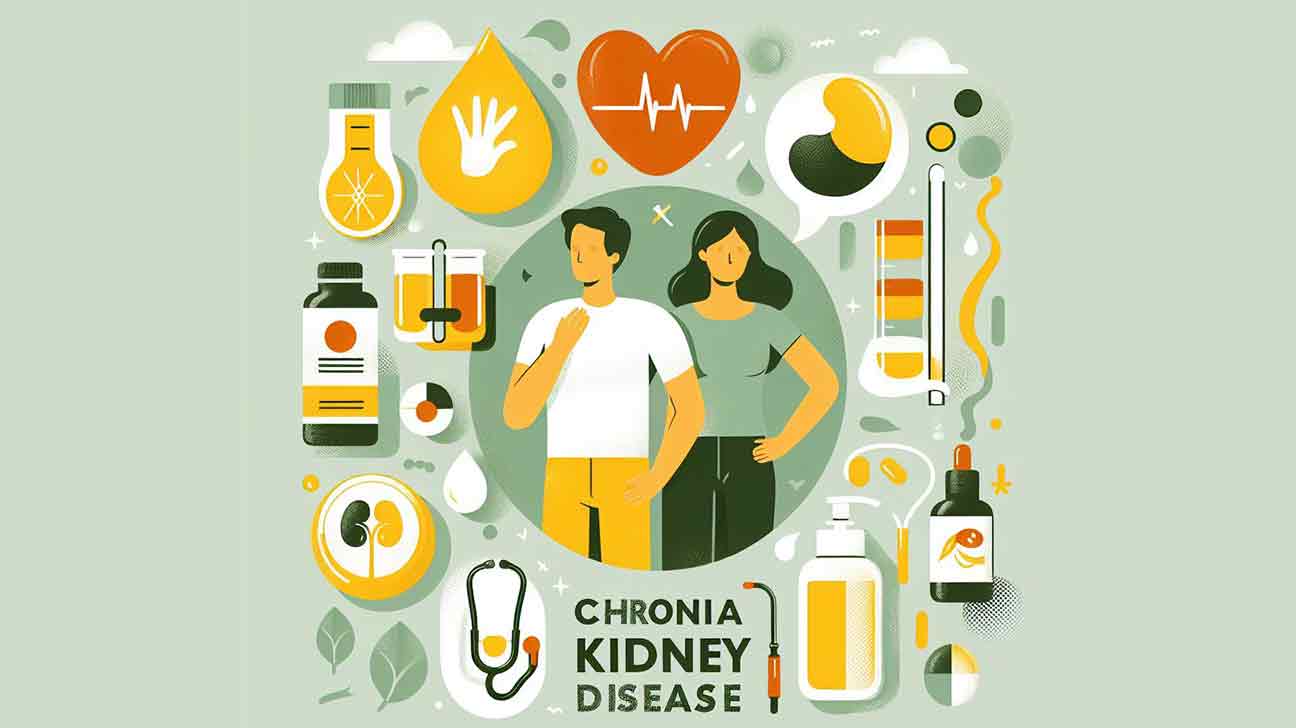
Exercise And Physical Activity Of Chronic Kidney Disease
Staying active is a crucial part of self-care for chronic kidney disease patients. Regular physical activity not only boosts overall health but can also help manage the progression of kidney disease. Let’s dive into the benefits, suitable exercises, and important precautions for those looking to stay fit with chronic kidney disease.
Benefits Of Exercise For Chronic Kidney Disease Patients
Exercise offers many health advantages for individuals with kidney disease:
- Improves heart health, reducing risks of heart disease.
- Bolsters muscle strength and flexibility.
- Enhances energy levels and reduces fatigue.
- Helps control blood pressure and blood sugar.
- Boosts mood and aids mental health.
- Promotes a healthier body weight.
Types Of Exercises Suitable For Individuals With Kidney Disease
Not all exercises are created equal, especially for those with kidney disease. Here are some kidney-friendly activities:
- Walking — a gentle, low-impact exercise.
- Swimming — great for building cardiovascular strength.
- Cycling — another low-impact choice to keep fit.
- Strength training — use light weights to build muscle.
- Yoga or Tai Chi — improves flexibility and balance.
Precautions And Considerations For Exercise
While exercise is beneficial, it’s essential to follow these safety tips:
| Tips | Details |
|---|---|
| Start Slow | Build up intensity gradually. |
| Stay Hydrated | Drink water, but monitor fluid intake if needed. |
| Listen to Your Body | Rest if feeling unwell or fatigued. |
| Consult Your Doctor | Before starting a new exercise routine, it’s essential. |
Emotional And Mental Well-being Of Chronic Kidney Disease
Emotional and Mental Well-being plays a crucial role in managing Chronic Kidney Disease (CKD). Understanding the mind-body connection helps individuals navigate the complexities of CKD with resilience. Adequate self-care routines must address both the physical and emotional facets of health.
The Impact Of Chronic Kidney Disease On Mental Health
CKD often brings overwhelming emotions. Stress, anxiety, and depression can follow a diagnosis. Acknowledging the psychological aspect is vital for holistic care.
- Increased stress: CKD can strain emotional resources.
- Anxiety: Patients may worry about their health and treatment.
- Depression: The persistent nature of the disease may lead to sadness.
Coping Strategies And Support Systems
Building strong coping strategies enhances mental resilience in spite of CKD. Joining support groups and seeking therapy can offer comfort.
- Stay Active: Regular exercise boosts mood.
- Maintain Hobbies: Engage in activities that bring joy.
- Support Networks: Connect with others who understand.
| Strategy | Benefits |
|---|---|
| Mindfulness | Reduces stress, improves mental clarity |
| Therapy | Professional support, personalized coping mechanisms |
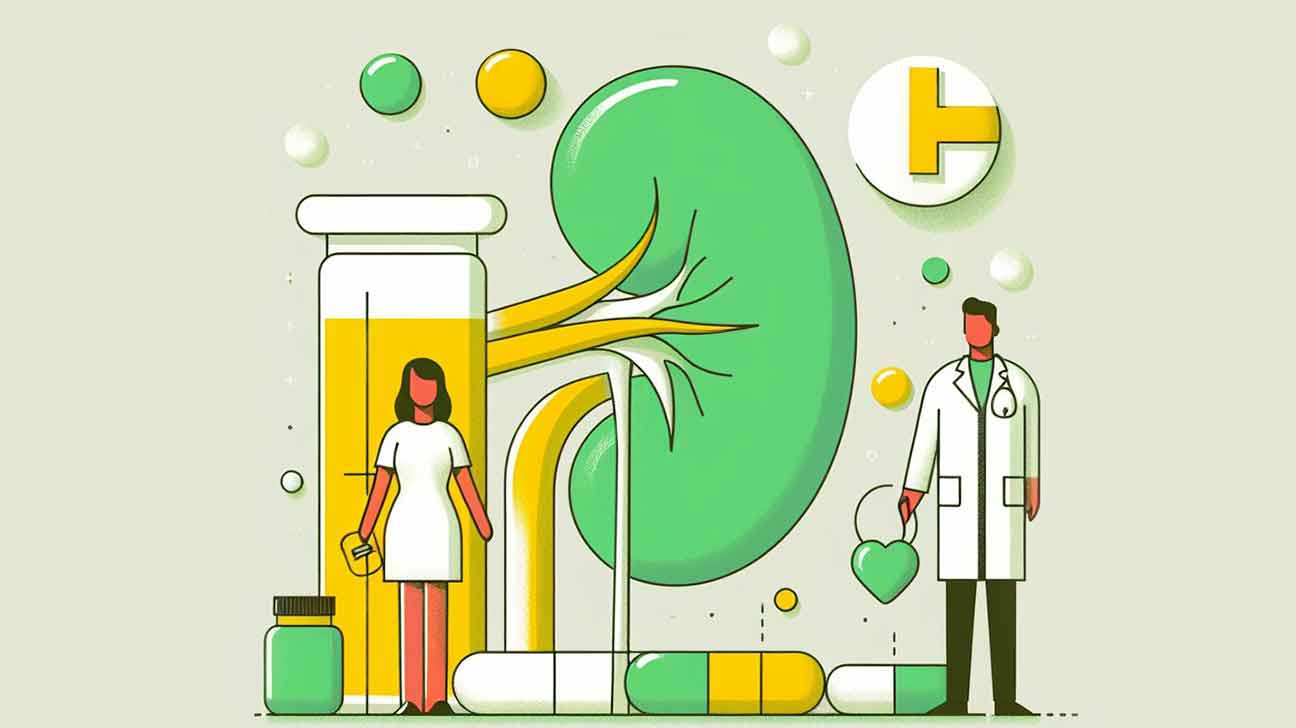
Monitoring And Preventing Complications Of Chronic Kidney Disease
Living with Chronic Kidney Disease (CKD) necessitates vigilant self-care. Monitoring your health and preventing complications are key to managing the condition effectively. Understanding and adhering to regular check-ups, recognizing complications, and adopting preventive measures against infections can vastly improve quality of life.
Regular Check-ups And Lab Tests
Keeping track of kidney function through consistent medical appointments is crucial for those with CKD. Scheduled lab tests can reveal important changes in disease progression:
- Blood Pressure: Blood pressure checks must be regular.
- Kidney Function Tests: These include blood tests and urinalysis.
- Electrolyte Levels: To maintain proper body function.
Never skip appointments as they are essential for timely adjustments to your treatment plan.
Recognizing And Managing Potential Complications
CKD presents potential complications which should not go unnoticed:
| Complication | Signs to Watch For | Action to Take |
|---|---|---|
| Anemia | Fatigue, weakness. | Consult doctor for potential iron supplements. |
| Bone Health | Bone pain, fragility. | Discuss calcium or vitamin D with your healthcare provider. |
| Fluid Overload | Swelling, weight gain. | Adhere to fluid intake restrictions. |
Act promptly on any signs to prevent further harm.
Tips For Preventing Infections And Other Health Issues
CKD increases vulnerability to infections. Some protective measures include:
- Hand Hygiene: Regular handwashing can stop germs.
- Vaccinations: Stay updated with vaccines to avoid preventable diseases.
- Skin Care: Simple cuts can lead to infections. Take care of your skin.
Follow your doctor’s advice to minimize the risk of health issues.
Frequently Asked Questions For Chronic Kidney Disease Self-care
What Is Chronic Kidney Disease?
Chronic Kidney Disease (CKD) is a progressive condition where the kidneys lose function over time. It can lead to end-stage renal disease without proper management.
How Can I Manage Ckd Effectively?
Effective CKD management includes regular monitoring, a balanced diet, proper hydration, and prescribed medication adherence. Consult your doctor for a personalized care plan.
What Diet Helps With Kidney Disease?
A kidney-friendly diet typically involves limited sodium, potassium, and phosphorus intake. It emphasizes fresh, low-potassium fruits and vegetables and lean proteins. Always tailor your diet to your specific needs with a healthcare provider’s guidance.
Can Exercise Improve Kidney Health?
Yes, regular exercise can improve overall kidney function and health. It helps control blood pressure and weight, reducing the risk of progression. Always consult a doctor before starting any new exercise regime.
Conclusion
Embracing a proactive approach to managing Chronic Kidney Disease can significantly improve quality of life. By following a balanced diet, maintaining regular physical activity, and adhering to prescribed treatments, individuals can take charge of their health. Remember, small steps lead to big changes.
Prioritize self-care for a brighter, healthier future.

